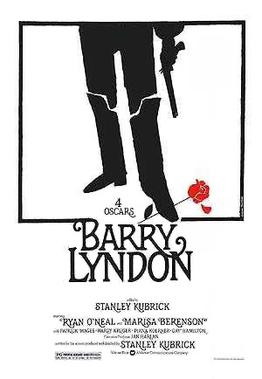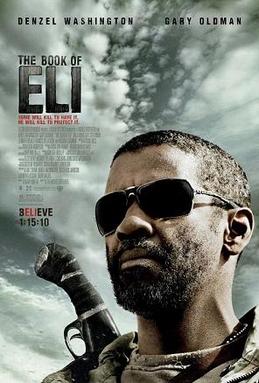An Arid Alien Turkey Shoot
![]() - Battle: Los Angeles should not be confused with the "Battle of Los Angeles."
- Battle: Los Angeles should not be confused with the "Battle of Los Angeles."
The "Battle of Los Angeles" is the informal name to a 1942 aerial barrage over Los Angeles against what was thought to be a Japanese attack but what turned out to be nothing at all. The incident has been turned into a UFO conspiracy story by many, claiming that the army was in fact shooting at extra-terrestrial aircraft and the government covered up for it later with a story of it being a false alarm. Battle: Los Angeles on the other hand is a 2011 Spring-released film that attempts to be an exciting and powerful alien-slaying action event but ends up an empty adventure filled with awkward characters, predictable outcomes and unintentional laughs.
The story centers around a platoon of US Marines lead by Sgt. Michael Nantz (Aaron Eckhart) fighting in the Los Angeles area against an alien invasion. This story of a group of soldiers, while certainly a piece of science fiction, allows Battle: Los Angeles to look and feel more like a conventional war film (a-la Saving Private Ryan (1998) or Black Hawk Down (2001)) which does separate it somewhat from other sci-fi movies. Battle: Los Angeles just may have been an exciting and engaging tale if the film did not include so many blunders.
Battle: Los Angeles, frame-to-frame filled with expensive-looking special effects, should have been a cool-looking movie but its appearance is actually one of its biggest shortcomings. The film goes to extraordinary lengths to get the viewer "inside" the film at its own peril; even during scenes with no action (like Sgt. Nantz's beach-side training routine or simple meeting with a colleague) the camera is buzzing about, zooming in-and-out of needlessly crowded close-ups. But this in-your-face style of supposedly intense filmmaking makes the film frequently and irritatingly incoherent. The camera is so shaky that one would think it was positioned on top of an icy surface. The film is sometimes tense, when one can actually make out what is going on in a scene, but this woeful shaky camera style makes the viewer feel less like they are "inside" the action and far more aware that they are watching a film.
The audience also finds that they are unable to focus on any of the characters, if they could even keep track of them all. The film unloads too many characters inside too short a period! The story constantly bounces back and forth from one Marine to the next, often times referring to an off-screen Marine by name which does nothing but confuse the viewer since the character was neither memorable nor discernable from any another Marine.
For some reason, the filmmakers also decided to pack a whole bunch of forced and cheesy supposed depth into all of the many cookie-cutter characters. They are all here: the soon-to-be retired veteran with a haunting past, the hot-shot red neck, the shell-shocked bruiser, the bereaved Marine, the soon-to-be father, the soon-to-be groom, the tough-talking female soldier, the virgin rookie recruit (which allows for many a painfully unfunny never-been-laid joke), the brave citizen, the conveniently competent eye candy lady, a bunch of weepy kids, and many other boring character types that crowd every frame of the film. This was a curious decision. Many other war films feature a large cast of characters but successfully connect them to the audience without attempting to stuff them all with a pointless backstory during the film's opening 15 minutes.
To make matters even worse these recyclable Marine characters are hilariously and poorly portrayed by a detachment of third-rate actors. Aaron Eckhart gives the only good performance of the film as Sgt. Nantz; the rest of the pack clings to his belly like remoras eating the filth off a shark. The acting in Battle: Los Angeles is so bad that it makes you laugh. One cannot help but bust out laughing since these people could not deliver a line well if their lives depended on it. Especially bad are Ramon Rodriguez, constantly looking like he is mid-way through an enema, and Jim Parrack, who is stuck in a perpetual cross-eyed stupor. While this troop battles badass E.T.s for nearly two hours, I just battle the giggles.
However, this cast of Hollywood inferiors is not helped much by Chris Bertonlini's calamitous screenplay. The dialogue is just terrible. I will never understand why some dumb special effects-driven films try to talk so much; shut up and blow stuff up! When not unbearably cheesy and/or predictable, the dialogue in Battle: Los Angeles is hilariously lame and generic: think lots of cliched barrack chatter, on-the-field shouting and right-on-time rousing speeches.
Battle: Los Angeles, despite all the attempts to beef up the story with forced emotional elements, never gives the audience any reason to care about any of its characters or anything that is happening on screen. The failure to connect the audience to the story and characters is an even bigger mistake than simply casting a bad bunch of actors to read off a poor script or employing the modern shaky camera technique. The audience simply cannot invest any piece of themselves into the movie viewing experience because they feel nothing for what the characters are going through. Nobody likes the idea of aliens overrunning the human race, but if these guys are our last line of defense I just do not see any way around it. Where are Will Smith and Jeff Goldblum when you need them?
And while this band of Marines fight through homes and alleys to ward off the alien army, I could not help but wonder if Los Angeles would really be that big of a loss. Think about it: the crime, the smog, the Clippers, Gloria Allred.... Would you really miss it?
CBC Rating: 5/10


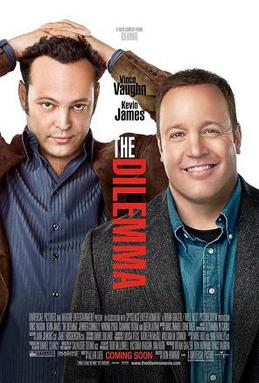
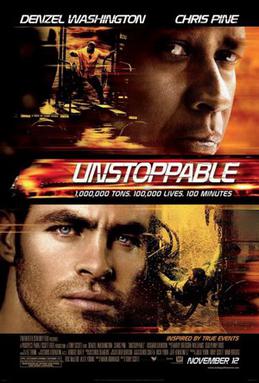
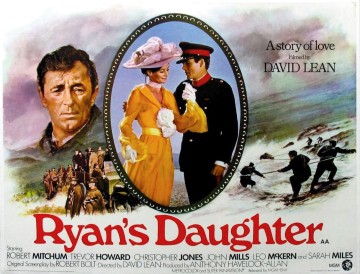
_poster.jpg)
